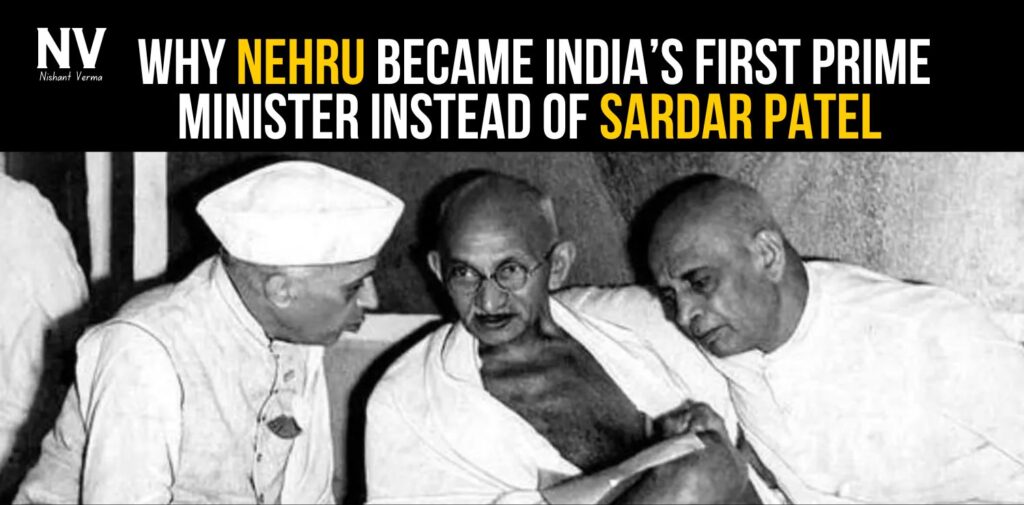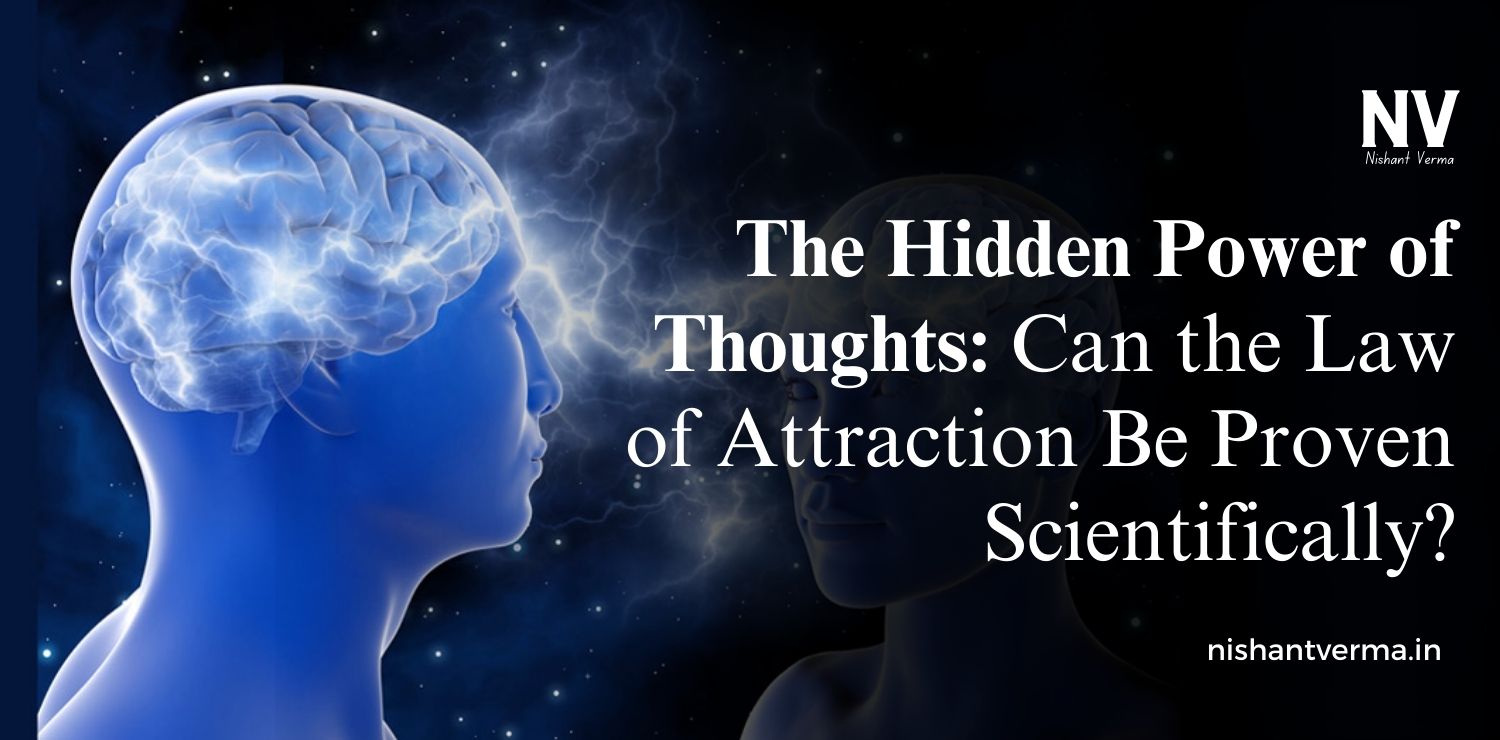A Misguided Decision Influenced by Gandhi and the Nehru Family’s Political Ambitions
The appointment of Jawaharlal Nehru as India’s first Prime Minister instead of Sardar Vallabhbhai Patel remains one of the most debated topics in Indian political history. Many believe that the decision was not based on merit but rather a combination of Gandhi’s preference, the political aspirations of the Nehru family, and an inclination to appease certain sections of society. This article delves into why Sardar Patel, who was the natural and democratic choice, was sidelined and how this decision altered the course of India’s future.
The Congress Party’s Decision: A Mockery of Internal Democracy
The Indian National Congress (INC) had a democratic system in place for electing its leaders. In 1946, the party’s internal elections were held to choose the first Prime Minister of independent India. The overwhelming majority of the Provincial Congress Committees (PCCs) nominated Sardar Patel for the position. Out of 15 committees, 12 supported Patel, while Nehru did not receive a single vote. Despite this clear mandate, Mahatma Gandhi intervened, favoring Nehru over Patel, citing concerns about Muslim appeasement and unity.
Gandhi’s intervention wasn’t just an exercise of his moral authority; it was a decisive blow to the internal democratic process of the Congress Party. Nehru, known for his charisma and close relationship with Gandhi, leveraged these attributes to secure his position despite lacking substantial support from the party’s organizational structure.
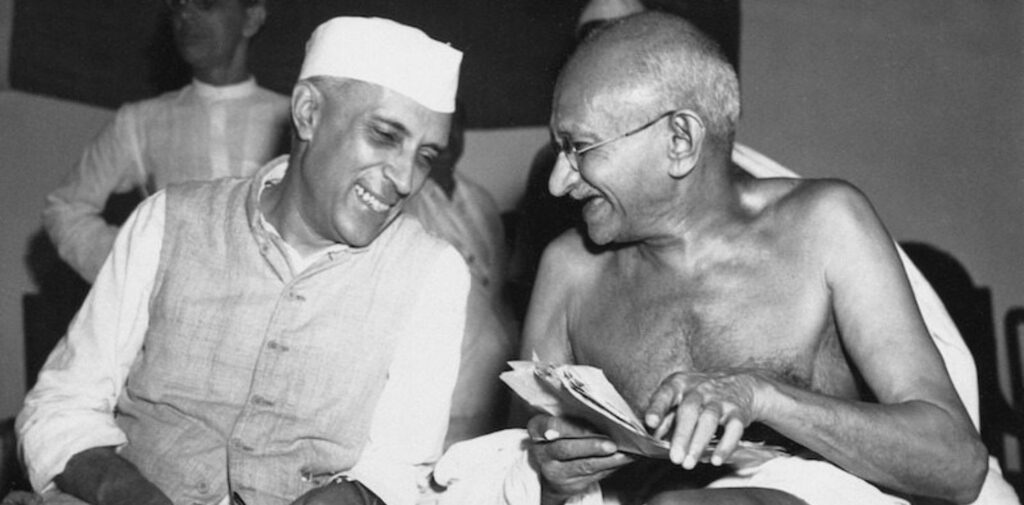
Gandhi’s Bias and the Nehru Family’s Influence
Mahatma Gandhi’s preference for Nehru has often been attributed to his personal bias and the ideological alignment between the two. Nehru, with his Western education, socialist ideals, and modernist outlook, appealed to Gandhi’s vision of a forward-looking India. Gandhi, being the towering figure of the Indian freedom struggle, wielded significant influence over the Congress leadership, and his decision was accepted without much resistance, sidelining Patel’s candidature.
Some historians argue that Gandhi’s decision was also influenced by his perception that Nehru was better suited to handle communal issues, given his apparent secular stance and relationships with the Muslim community. Gandhi’s fear of potential communal unrest and partition-related turmoil led him to believe that Nehru would be more effective in maintaining Hindu-Muslim unity. This rationale, however, was flawed, as Patel had proven his administrative and leadership skills by integrating 562 princely states into the Indian Union, thereby maintaining national unity.
Nehru’s Love for Power and the Family’s Political Aspirations
Jawaharlal Nehru’s acceptance of the Prime Minister’s position, despite knowing that he was not the popular choice, reveals his love for power. Nehru was not willing to step aside for Patel, even though the latter was more experienced and had the overwhelming support of the Congress party. Nehru’s refusal to withdraw his candidature and his insistence on taking up the leadership role reflect a deep-rooted sense of entitlement, which became a hallmark of the Nehru-Gandhi family’s political strategy.
The Nehru family’s political ambitions did not end with Jawaharlal. His lineage continued to dominate Indian politics for decades, often using their political clout and influence to remain at the helm of power. This entrenched dynasty overshadowed many capable leaders and resulted in a political landscape that revolved around the Nehru-Gandhi family for much of independent India’s history.
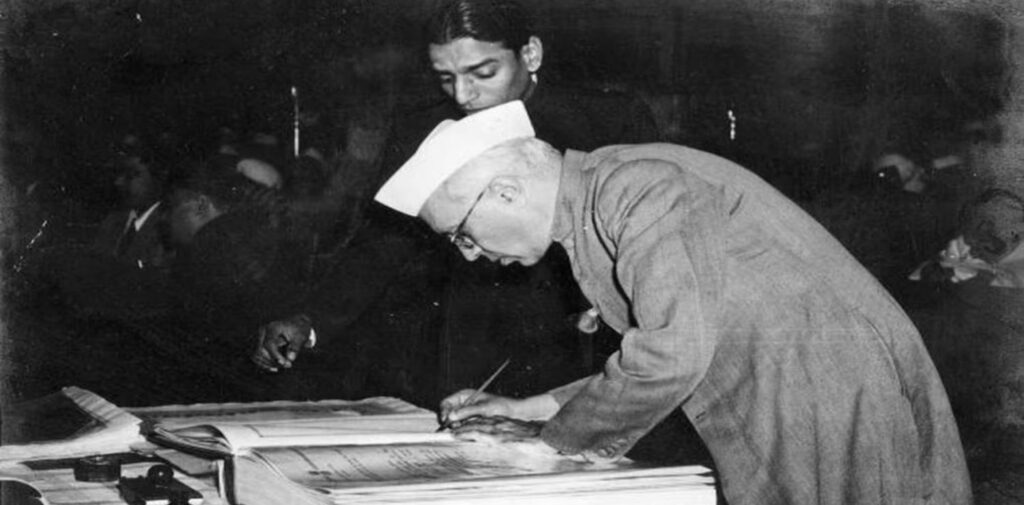
Patel: The True Leader India Needed
Sardar Vallabhbhai Patel was known as the “Iron Man of India” for his strong will, political acumen, and administrative skills. He was instrumental in unifying India post-independence, merging the princely states into the Indian Union through a combination of diplomacy and strategic use of force. Patel’s approach ensured a united India, which would have otherwise been a fractured landmass of semi-autonomous regions.
Patel’s vision for India’s development focused on self-reliance and agricultural reforms, which contrasted sharply with Nehru’s socialist leanings and centralized economic planning. Patel’s pragmatic approach to governance, his understanding of India’s cultural ethos, and his ability to make tough decisions made him the ideal candidate to lead a newly independent nation.
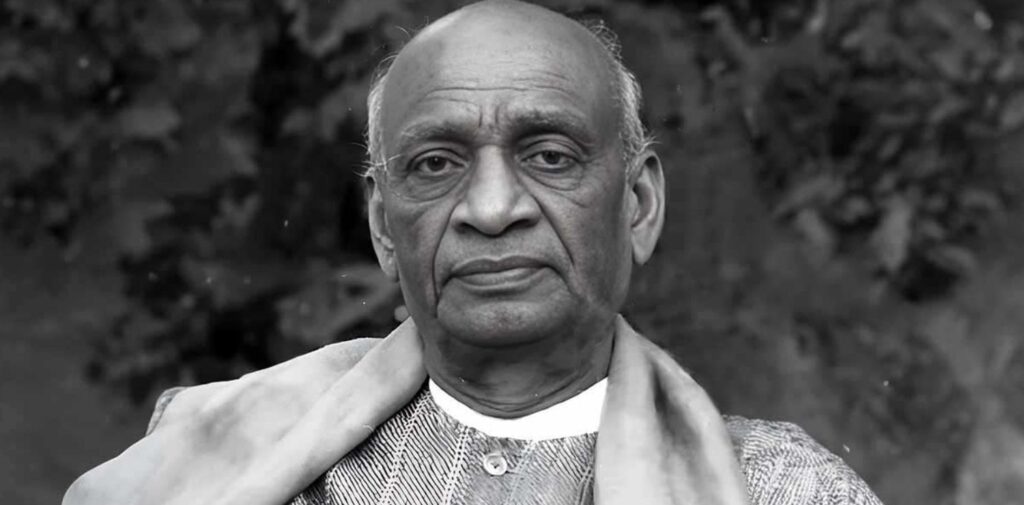
Nehru’s Policies and Their Lasting Impact
Nehru’s tenure as Prime Minister saw the implementation of socialist economic policies, non-alignment in foreign affairs, and a focus on heavy industrialization. While some of these policies were well-intentioned, they often resulted in long-term economic stagnation, bureaucratic red-tapism, and a lack of focus on grassroots development. Nehru’s fascination with socialism led to the creation of an inefficient public sector and an overregulated economy that stifled private enterprise and innovation.
Moreover, his foreign policy decisions, including the handling of the Kashmir issue and the China war, exposed serious flaws in his strategic thinking. The war with China in 1962 was a humiliating defeat for India, with long-lasting repercussions on India’s defense policy and its international standing.
The Consequences of Gandhi’s Choice
The decision to appoint Nehru over Patel was not just an error in judgment but a fundamental misreading of what India needed at that critical juncture. Nehru’s policies, driven by idealism rather than pragmatism, did not address India’s core issues of poverty, education, and infrastructure development. Had Patel been at the helm, India might have seen a different trajectory of growth, focusing more on agricultural reforms, decentralized governance, and national security.
Nehru’s elevation to Prime Ministership set a precedent for the centralization of power within the Congress Party and laid the groundwork for the dynastic politics that have plagued Indian democracy. The sidelining of Patel not only deprived India of a capable leader but also established a culture where political decisions were influenced by personal preferences rather than merit.
Conclusion: A Decision That Altered India’s Destiny
The choice of Nehru over Sardar Patel as the first Prime Minister of India remains a controversial topic. It is a stark reminder of how political favoritism and ideological biases can shape the destiny of a nation. While Nehru’s contributions to the freedom struggle are undeniable, his tenure as Prime Minister was marked by missed opportunities, flawed policies, and a legacy of dynastic politics.
The decision, driven by Gandhi’s preference and Nehru’s political maneuvering, deprived India of the strong and decisive leadership it needed at that crucial time. The repercussions of this choice are still felt today, as India continues to grapple with the challenges of governance and political accountability that stem from a history of centralized power and dynastic rule.

